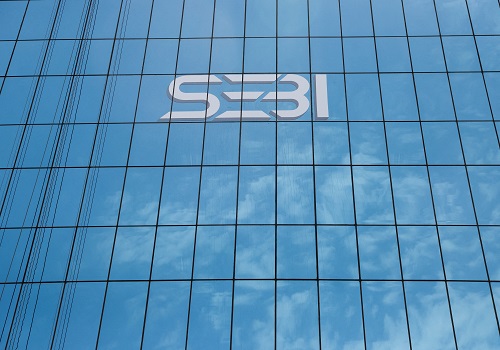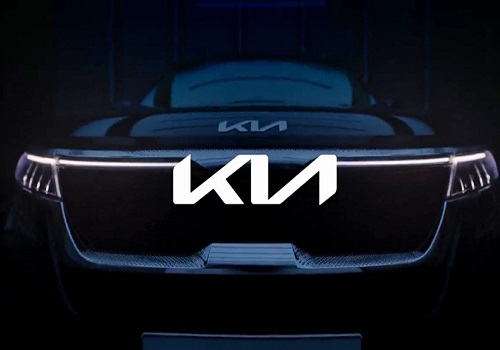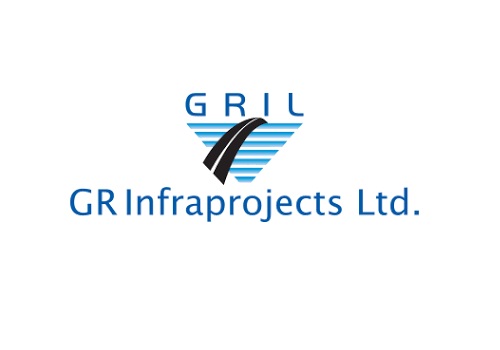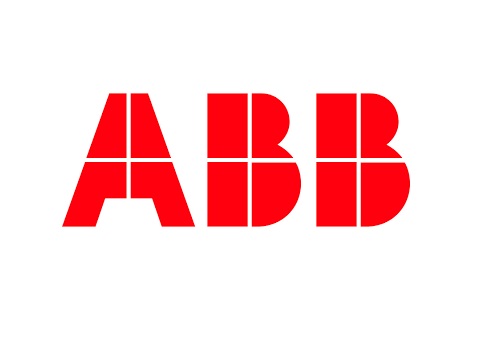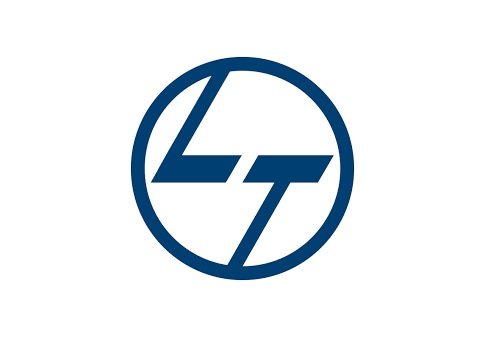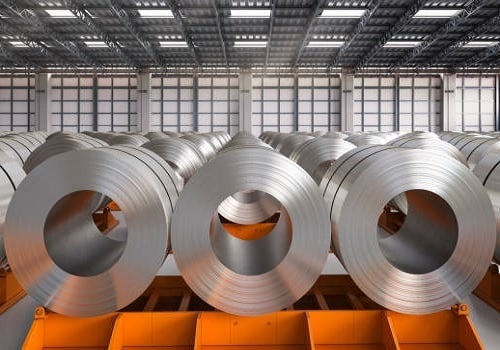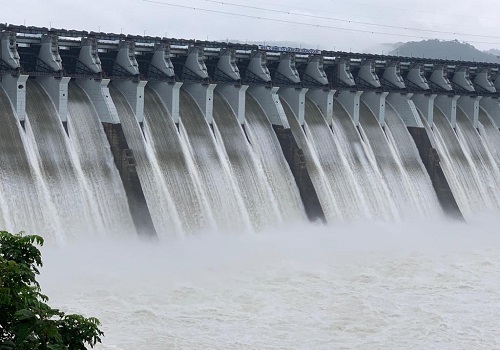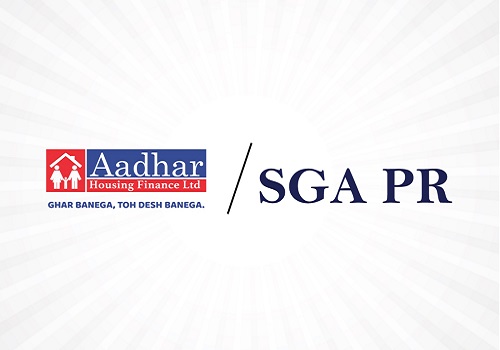India Strategy : Combined capex (listed corporates plus government) on track to exceed Rs21trn in FY23 alongside a robust real estate and credit cycle By ICICI Securities Ltd
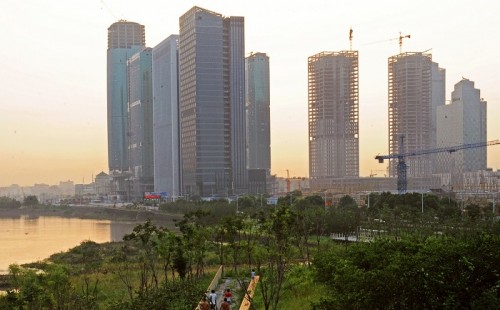
Follow us Now on Telegram ! Get daily 10 - 12 important updates on Business, Finance and Investment. Join our Telegram Channel
Combined capex (listed corporates plus government) on track to exceed Rs21trn in FY23 alongside a robust real estate and credit cycle
* Private corporates’ capex in the listed space nudged up further to an all-time high of Rs7trn on a TTM (trailing twelve-month) basis vs Rs6.4trn in FY22 driven by capital intensive industrial corporates.
* Combined government capex has risen to an all-time high of Rs12.3trn on a TTM basis (Centre Rs 7 tn and states Rs 5.3tn) and is likely to exceed Rs14trn in FY23E going by Budget estimates and current trends (Chart 1). Central capex includes special assistance as loans to states for capex (Rs 1 tn) which so far has seen sub-par spending going by the overall loans disbursed under the ‘capital expenditure ‘head.
* CFO/capex ratio for listed corporates dips to 1.5x as capex and working capital requirement picks up while CFO is also impacted by a sharp drop in realisations and cost pressures for commodity companies (OMCs, metals, cement and other industrials). Declining CFO/capex ratio will eventually result in rising demand for industry credit as expanding capex and working capital requirements will no longer be fulfilled by internal cash generation (Charts 3 & 4).
* Continued evidence of a pick-up in household investments in real estate which incidentally still has one of the highest contribution to GFCF at 25% although its share dipped significantly from an extremely high 37% of GFCF in FY12 (Chart 7).
* Services sector capex likely being driven by investments in communication sector (devices and infrastructure). However, contact-intensive services sector is just recovering from the covid pandemic and could see a lag in investments. IT services and new age economy services could see some moderation in investments as risk-appetite reduces towards these sectors.
The said trends are reflected in the ‘investment rate’ along with construction activity leading the GDP recovery post FY21 which is expected to continue.
Key positive drivers for the capex cycle in India currently are: (a) Buoyant animal spirits in capital-intensive sectors such as energy, power, mining, infrastructure, construction materials, real estate, digital infrastructure, PLI-incentivised sectors etc.; (b) ample availability of financial resources (internal cash generation, tax buoyancy and bank credit) and relatively low interest rates; and (c) rising capacity utilisation (72.4% in Q1FY23) and credit growth (18.4% in Oct’22).
Stability in commodity prices post the spike seen at the beginning of Russia-Ukraine conflict and expectations of peak interest rates going ahead have mitigated the key potential risks to the capex cycle.
Other key risks to the investment cycle: 1) Slack in the economy persisting in terms of capacity utilisation stagnating in 65-75% range. 2) Slowdown in urban real estate demand and weak rural demand continuing despite forecast of a normal monsoon in CY22. 3) Slump in global demand and animal spirits. 4) Liquidity and credit market are becoming extremely tight due to the unforeseen events.
Implications for stocks – As indicated in our deep dive into factor performances (link), capital-intensive, cyclical and value stocks have been outperforming since FY21, thereby, reversing the trend seen over FY12-FY20. We attribute this paradigm shift in factor performance to pockets of demand emerging in the economy and corporate profit pool trajectory which is being led by stocks related to the ‘investment rate’, ‘credit cycle’ and ‘high end discretionary consumption’.
Top picks from capex and credit cycle perspective - SBI, IndusInd, L&T, NTPC, Coal India, NHPC, UltraTech, JK Cement, Ashok Leyland, Balkrishna Industries, Bharti Airtel, Tata Communications, Greenpanel, Century Plyboard, Indraprastha Gas, GAIL, ONGC, Gujarat Fluorochemicals, Brigade Enterprise, Phoenix Mills, Tata Motors.
To Read Complete Report & Disclaimer Click Here
For More ICICI Securities Disclaimer https://www.icicisecurities.com/AboutUs.aspx?About=7
Above views are of the author and not of the website kindly read disclaimer












 320-x-100_uti_gold.jpg" alt="Advertisement">
320-x-100_uti_gold.jpg" alt="Advertisement">


